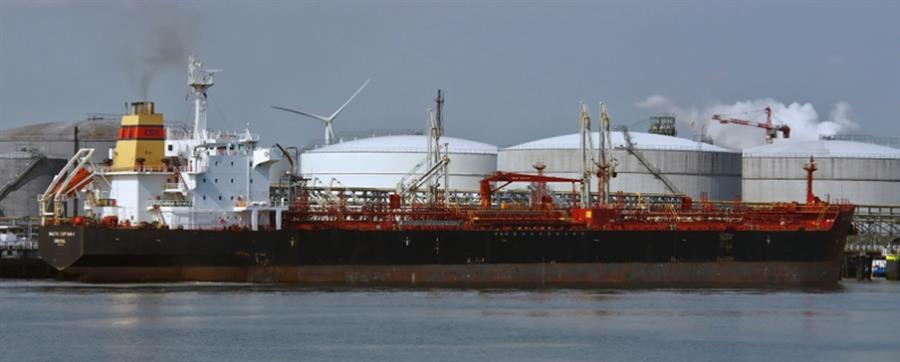
Venezuela, the country with the largest oil reserves in the world, could stop producing barrels of crude oil and its derivatives.
A report by IHS Markit revealed that the South American country’s oil production could reach zero if the deterioration of the state-owned PDVSA and the country’s refineries persists.
The current production in the oil-rich country has fallen to 1934 levels, and all signs indicate that it will decrease further and may even risk reaching zero. Venezuela currently produces between 200,000 and 400,000 barrels per day (BPD).
En 1934 Venezuela tenía 3,4 millones de habitantes y producía 399.000 barriles diarios de petróleo. Hoy producimos esa misma cantidad pero tenemos 30 millones de habitantes
— Jose Toro Hardy (@josetorohardy) August 14, 2020
“Never before has a former major oil-producing country seen output fall so low for so long,” said Jim Burkhard, vice president and head of oil markets at IHS Markit, in a company statement sent to Rigzone.
Venezuela was a founding member of OPEC and a major oil producer. However, today, it is the third smallest producer among the 13 OPEC members, just surpassing Equatorial Guinea and Libya.
Oil exports from Venezuela also fell along with the production. This is not only because of the declining condition of Venezuela’s refineries but also owing to U.S. sanctions, with which the Trump administration seeks to pressure the exit of Nicolás Maduro.
The regime blames state sanctions for the drop in production, but since 2016, before the imposition of measures from Washing D.C., there has been a downturn due to years of disinvestment and mismanagement.
In October 2019, Nicolás Maduro’s regime announced that it hoped to increase oil production to 1.6 million barrels per day- yet another unfulfilled promise.
A Reuters report revealed that this week, the regime resumed gasoline production at the Cardón refinery, the only one that will be operating in the country with the largest oil reserves in the world.
Running out of gasoline, again
Not only is oil production in free fall, but gasoline refining is practically zero. In fact, Maduro’s regime has been forced to import fuel to alleviate shortages.
Venezuela has run out of the Iranian gasoline that Nicolás Maduro’s regime had imported. The regime, which prided itself on receiving 1.5 million barrels of fuel from Iran to supposedly alleviate the shortage confronting the oil-producing country, has no way of dealing with the shortage of gasoline once again.
According to the executive director of the United Federation of Oil Workers of Venezuela (Futpv), Eudis Girot, the country faces fuel shortages because “Iran’s gasoline has run out,” and the refineries remain inoperative. He stated that the “only hope is a ship of imported gasoline.”
It is important to note that recently, the United States seized four vessels transporting gasoline to Venezuela, thereby “suffocating” the Maduro regime.
Girot reiterated that national production is paralyzed and that the refineries no longer produce gasoline: “their tanks are totally empty.”
National Assembly Deputy Omar González Moreno told Diario Las Américas that “eight out of every ten” service stations in Venezuela no longer have the gasoline sent by Iran in May and that the gasoline found in PDVSA tanks is distributed only to those linked to the regime or is sent to Cuba.
Caracas, the Venezuelan capital, still has gasoline, and although fuel distribution is slowing down, citizens can still purchase the fuel. But that is not happening in the rest of the Venezuelan territory. In fact, in the state of Carabobo, for example, gasoline is available only at stations that charge dollar, while those with subsidized gasoline remain empty.
While the Venezuelans once again face the threat of a gasoline shortage, which is becoming more tangible every day, it is important to remember that Maduro sent fuel to Cuba despite the needs of the South American country.
The shortage of gasoline is not new for Venezuelans. Although Nicolás Maduro attributes it to the “tightening” of sanctions imposed by the United States, the truth is that the shortages have emerged sporadically for years due to the precarious state of Venezuela’s refineries and low oil production.
Maduro’s regime is in charge of the distribution and production of gasoline. Chavismo manages refineries and exports. So only the dictatorship is responsible for what happens to the fuel and its severe scarcity.
 Versión Español
Versión Español













